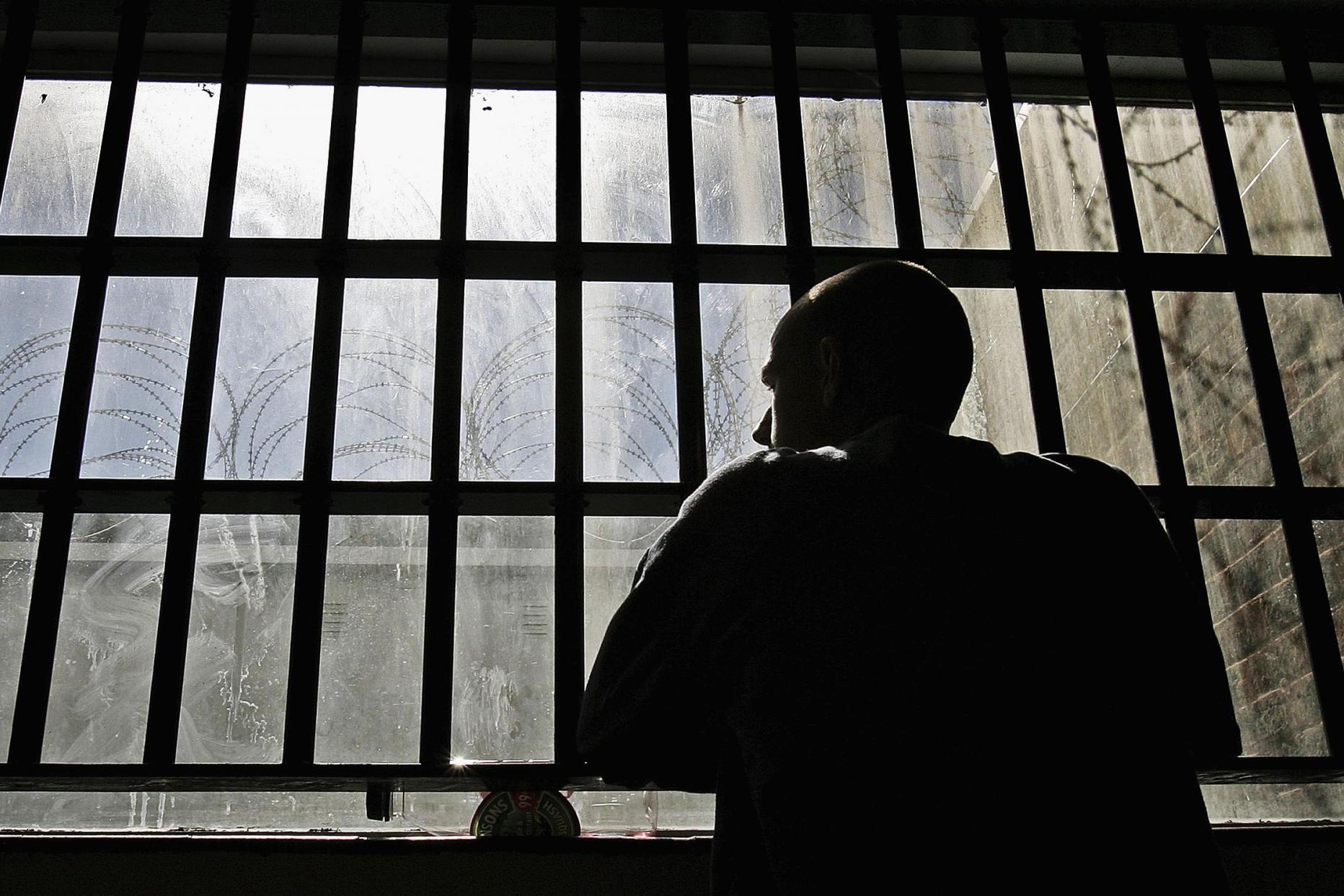Prison smoking ban could see 'massive rise' in drug use and violence in British jails, experts warn
Criminal justice experts warn ban will lead to rise in illicit substances and increased levels of self-harm and violence

Violence and drug use is likely to increase in some of the UK’s prisons, experts have warned, after it was announced that a smoking ban would be implemented by the end of the summer.
Prisoners in long term and maximum security jails have been encouraged to sign up for courses and apply for nicotine patches, according to a memo seen by The Daily Telegraph. The new policy is expected to come in on 31 August.
The ban is being introduced to help protect the health of staff and inmates, of whom more than 80 per cent smoke, bringing prisons in line with the UK-wide ban on smoking in workplaces.
The memo, which was distributed to inmates at HMP Frankland in Durham, stated: “We have now received confirmation that all long term and high security establishments will become completely smoke-free by 31 August.
“We will continue to support prisoners who currently smoke by increasing the number of staff who can deliver ‘stop smoking’ services through the establishment. I encourage you to start your preparation now and apply for ‘stop smoking’ services.”
A pilot scheme introduced in Wales last year saw 21 prisons become smoke-free, but this is the first time the policy will be implemented in high security jails which house the most dangerous prisoners.
Criminal justice experts have warned that the move is likely to cause a rise in prisoners seeking out illicit substances to alleviate their addiction, as well as increased levels of self-harm and violence as inmates struggling to cope with stress are unable to turn to tobacco.
An independent report into the smoking ban implemented at HMP Cardiff last year found there was a sharp rise in vandalism and violence, which was thought to be partly down to the stress of withdrawal.
Alex Cavendish, former prisoner and prison affairs academic, said the ban diverted from the bigger problems facing UK prisons, and “serious problems” had already occurred in places where it had been rolled out.
He told The Independent: “The bigger issue at the moment is that we have a mental health crisis, fuelled by under-staffing and overcrowding, as well as the fact that prisons are already awash with drugs and mobile phones, as every report from HP Inspectorate confirms. You’ve already got an epidemic of suicide, self-harm and violence both against staff and other inmates.
“The experience of the pilot projects of the smoking ban that they’ve run from last year shows that there are very serious concerns. It seems that this is being rolled out primarily as a means of avoiding potential compensation claims from staff and non-smoking inmates, rather than actually looking at the evidence of the problems that are well-documented.
“If you look at all the reports from prisons where it has been rolled out, they are all pointing to very serious problems, including a massive rise in prisoners turning to other substances, whether they are illegal drugs or the brewing of hooch or smuggling of tobacco at vastly inflated prices.”
Mr Cavendish added that the ban would likely lead to a rise in self-harming and violence as prisoners reliant on smoking find other ways to relieve their stress.
“People who are very stressed and just going into prisons and are reliant on smoking as a stress reliever are much more likely to self-harm or attack other people if that source of nicotine is cut off,” he said.
“We have these terribly dysfunctional prisons, which everybody I think recognises are in deep crisis, and this seems to me to be unnecessary, really as a risk averse policy by the Ministry of Justice which is frightened of compensation claims from non-smokers.”
The Howard League for Penal Reform, one of the UK’s largest charities promoting prison reform, has meanwhile said that while it does believe prisons should be smoke-free, there must be more support for inmates to help them pursue healthier lifestyles.
Frances Crook, the charity’s chief executive, said: “It is difficult to argue that anyone should continue smoking as we all know that it kills, and kills painfully and prematurely. However, smoking tobacco is a highly addictive habit that is incredibly difficult to kick and people need a great deal of help to stop and stay stopped.
“I have visited smoke-free prisons and staff have not reported additional unrest – although this may be because prisons are in such a mess that it is difficult to tell what is the cause of the seething resentment that exhibits in drug-taking, random violence and self-injury.
“I do think prisons should be smoke-free. The challenge is how to achieve this and how to support prisoners. Prisons are offering courses and medics can provide patches and other aides. But smokers need a variety of props to get through both the first few weeks and longer term.”
But the Prison Officers’ Association said the ban was long overdue and was important to bring prisons into line with other workplaces where staff were not forced to inhale second hand smoke.
“Inmates are given plenty of warning about the ban and are given help through nicotine replacement, e-cigarettes and cessation classes,” a spokesman said. “We are aware that the ban could lead to increased tension among some prisoners, particularly those in high security establishments, but we have learned a lot from the pilot scheme and what we have seen so far suggests that prisoners will take this on board without too much complaint.
“The policy will be monitored very closely however to ensure that any potential problems are nipped in the bud.”
Join our commenting forum
Join thought-provoking conversations, follow other Independent readers and see their replies
Comments
Bookmark popover
Removed from bookmarks